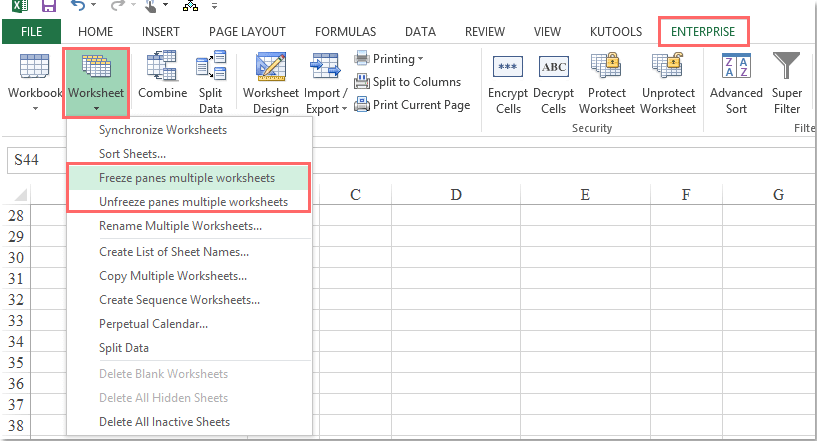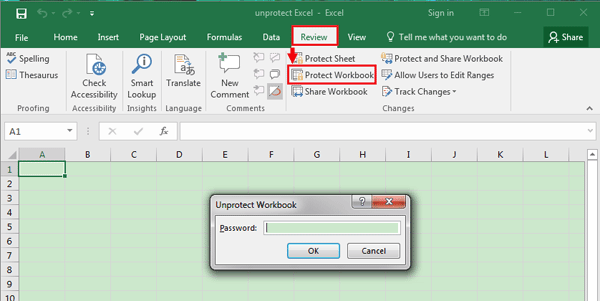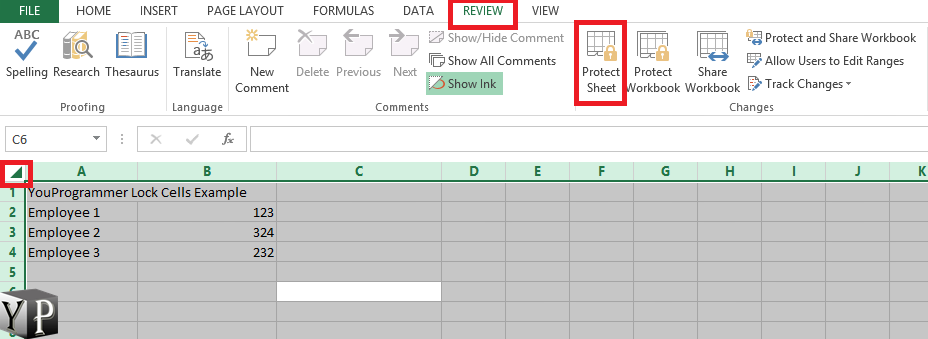

For example, if a worksheet has a button that runs a macro, you can click the button to run the macro, but you cannot delete the button. Making changes to graphic objects, including maps, embedded charts, shapes, text boxes, and controls, that you did not unlock before you protected the worksheet.Edit objects - Doing any of the following:.Use PivotTable reports - Formatting, changing the layout, refreshing, or otherwise modifying PivotTable reports, or creating new reports.Note: Users cannot apply or remove AutoFilters on a protected worksheet, regardless of this setting Use AutoFilter - Using the drop-down arrows to change the filter on ranges when AutoFilters are applied.Note: Users can't sort ranges that contain locked cells on a protected worksheet, regardless of this setting Note: If Delete rows is protected and Insert rows is not also protected, a user can insert rows that he or she cannot delete Note: If Delete columns is protected and Insert columns is not also protected, a user can insert columns that he or she cannot delete Insert hyperlinks - Inserting new hyperlinks, even in unlocked cells.

Format rows - Using any of the row formatting commands, including changing row height or hiding rows.Format columns - Using any of the column formatting commands, including changing column width or hiding columns.If you applied conditional formats before you protected the worksheet, the formatting continues to change when a user enters a value that satisfies a different condition

Format cells - Changing any of the options in the Format Cells or Conditional Formatting dialog boxes.

By default, users are allowed to select unlocked cells, and they can press the TAB key to move between the unlocked cells on a protected worksheet


 0 kommentar(er)
0 kommentar(er)
